Hostel ~ Foreign visitors to Japan are increasing
What is a hostel?
The strongest partner to support the increasing number of foreign visitors to Japan
In 2013, foreign visitors and businesspeople traveling to Japan reached 10 million people for the first time. Since 2003, the Japanese government has aimed to promote Japan as a tourist destination with the expressed goal of reaching 10 million visitors, more than doubling the previous record within only 10 years.
In accordance with this increase of foreign visitors, it has become increasingly difficult to find rooms not only in high-end hotels but also in normal lodgings, and the type of lodging best suited to this challenge are hostels.
Hostel prices, facilities
In addition to being comparably cheaper than a regular hotel, the main charm point of the hostel if that it also functions as a place where people staying can gather and exchange information. In order to keep rates low, some of the facilities and services are different from normal hotels. Some rooms are dormitory (4 bed) rooms, some have shared showers and bathrooms, some do not have food service or are self-service… this is all to keep rates low for travelers while maintaining the basic necessities. In Japan, hostels like Kaosan Tokyo and nui are known on foreign internet sites and are popular with travelers coming to Japan.
How is it different from a youth hostel?
Many people when they hear the word “hostel” may be reminded of ‘youth hostels’ which became popular throughout the world and even in Japan from the 1970s. Youth hostels began in Germany as places for young backpackers and travelers to have a safe and low-cost place to stay, and a new kind of hotel service grew out of this.
The main differences between hostels and youth hostels are that with hostels there is no need to register and there are no restrictions on age. As for similarities, they both remain low-cost lodging as well as spaces where travelers can intermingle and exchange information.
Is it different from a guest house?
In other foreign countries, hostels are sometimes called “guest houses”, but the term has a different meaning in Japan more akin to the term ‘share house’, for mid- or long-term stays for foreigners. For short-term stays, hostels are more popular within Japan.
In the background of this increase of foreign tourists to Japan, there have been looser restrictions on visas to China and southeast Asia, as well as reforms to systems and facilities, increases in network and convenience of low-cost airlines, as well as a devaluing of the yen. The city of Tokyo has been making preparations to accommodate the increase of foreign visitors expected in light of the Olympics to be held in 2020, and main stations in Tokyo have signs prepared in English, Chinese, and Korean. We hope that hostels also become known as a place where one can experience the same level of Japanese hospitality as other local service industries.
Oak Hostel ZEN
For short stays for travelers and businesspeople
Popular among foreign travelers to Japan is the Oakhouse hostel, “Oak Hostel ZEN“. Here, you can stay for a low rate with multilingual support, and enjoy a lodging space where you can also meet fellow travelers. 95% of our customers are foreigners, and it operates at 92% capacity.
With the price and service that Oak Hostel ZEN offers, we hope to attract even more foreigners to Oakhouse in the future.
OAKHOSTEL ZEN
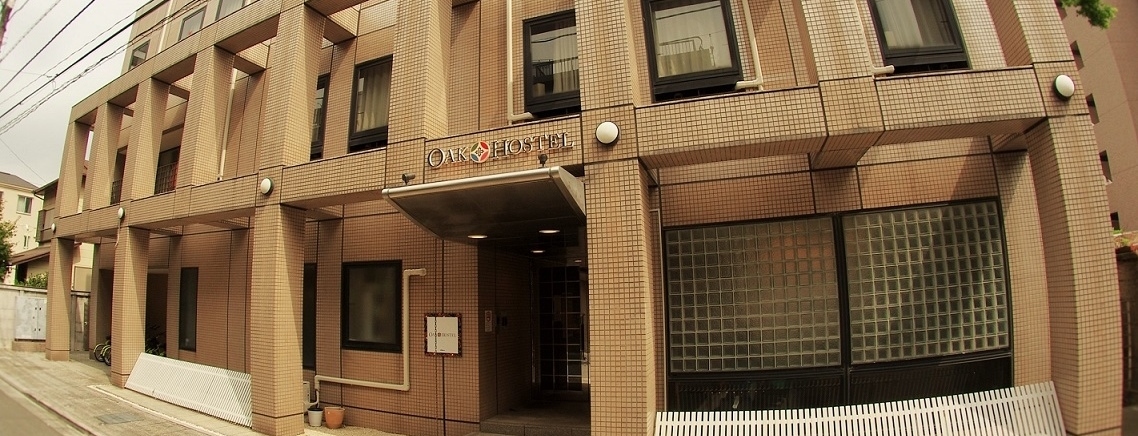
Open in May 2014, Oak Hostel ZEN is located only a 3-minute walk from JR Uguisudani station, or a 6-minute walk from Tokyo Metro Iriya station.
With a modern design, it has dormitory rooms, single rooms, twin rooms, and family rooms for the needs of various travelers, as well as a shared lounge, free wifi, shared kitchen, drink machines, and lockers.
<Access>
From Oak Hostel ZEN, you will have access to JR Yamanote line, JR Keihin-Tohoku line, Tokyo and Metro Hibiya line (Iriya station). You can also get to and from Narita Airport via Nippori station on the Yamanote line through the Keisei Sky Liner, which only takes 40 minutes. Just a 15-minute walk away lies the National Museum of History and Science, Tokyo Art Museum, Ueno Zoo, and the shopping street Ameya-Yokocho is 20 minutes away. Ueno station is a 2-minute train from Uguisudani station, and you can also get to Akihabara in 5 minutes!
<Room types>
There are 72 rooms total, and 6 rooms types to cater to your needs.
- Dormitory: from 3,200 yen
- Single: from 6,800 yen
- Semi-double: 7,500 yen
- Double: 8,000 yen
- Twin: 8,600 yen
- Family: 16,800 yen
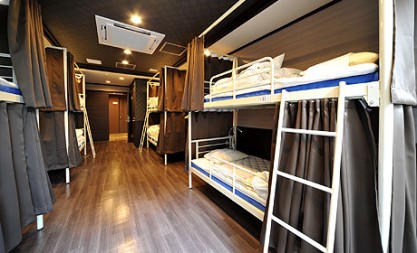
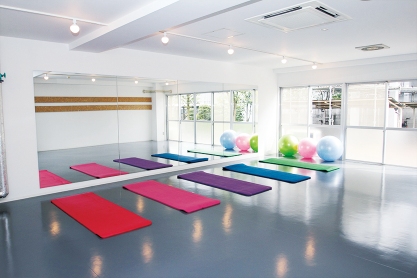
Oak Hostel single room
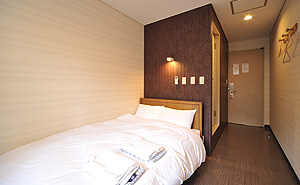
Oak Hostel semi-double
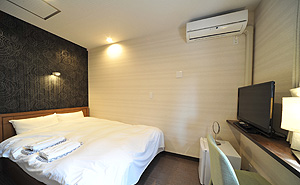
Oak Hostel double
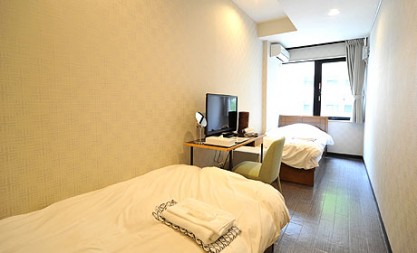
Oak Hostel twin
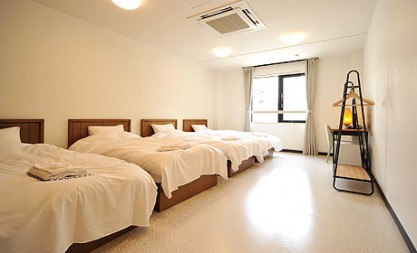
Oak Hostel family
<Facilities>
Oak Hostel ZEN has many simple and easy-to-use facilities.
- Shared shower room, bathroom
- Kitchen
- Rental bicycles
- Lounge
- WIFI
- Coin laundry & dryer
- Free PC corner
- Coin lockers
- Vending machines

Oak Hostel lounge

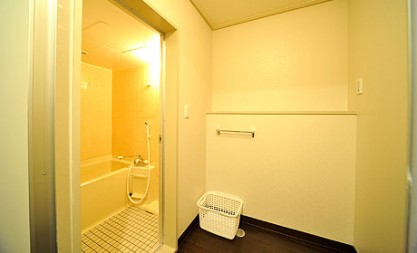
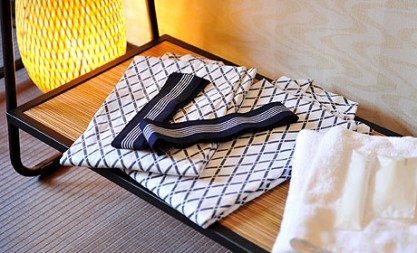
And more
- Single rooms have a desk, TV, and refrigerator.
- All rooms have air conditioners, and some rooms have their own bathroom.
- There is space to store luggage, laundry service, and bicycle rentals.
There are many popular areas surrounding Oak Hostel ZEN.
Learn more about the following areas by clicking on the links.